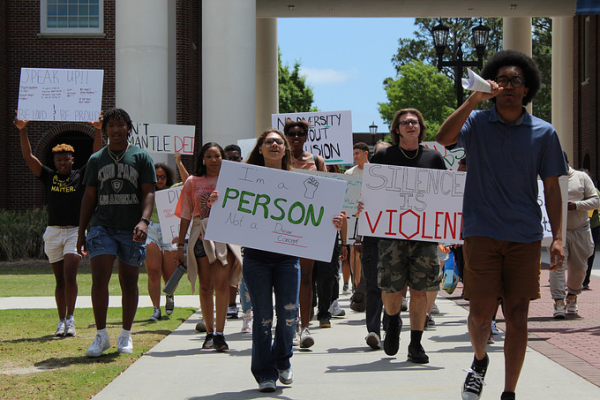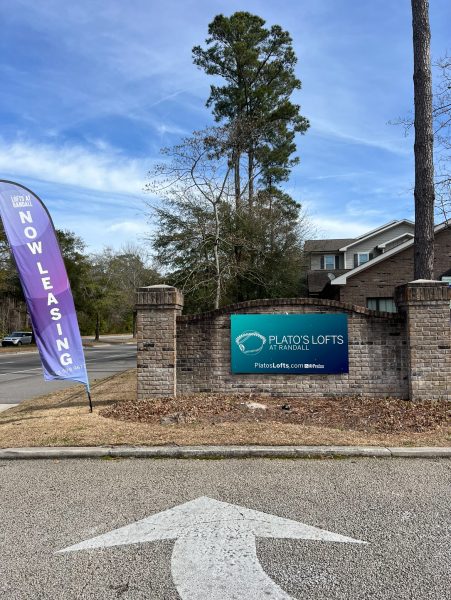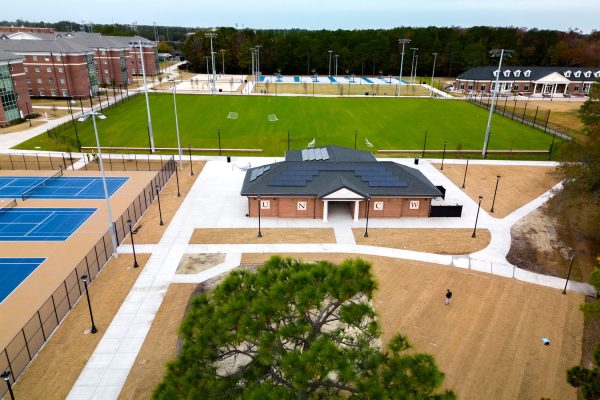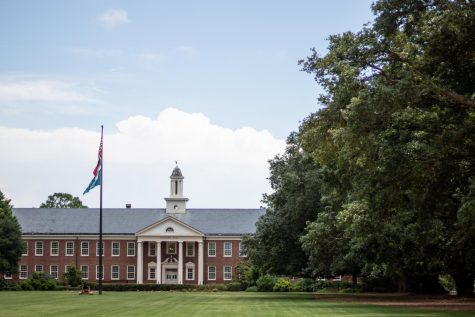New residence hall set for approval
September 5, 2001
The construction of a new residence hall on campus may prevent the burden of a future housing crunch similar to this year’s squeeze for university residents.
Since the construction of the Honors and International houses, administrators have been planning another residence hall to complete the set.
University officials have not set dates for the groundbreaking of the hall, and are currently awaiting approval from N.C. Department of Construction and the N.C. Department of Insurance on the building plans. Following final approval, it will take between 18 and 21 months to complete building construction.
“We are hoping to have the new building completed by fall of 2003, but we do not have enough information, as of yet, to determine a completion date,” said Timothy Jordan, vice chancellor of business affairs.
University officials are working to match the timeframe for construction with the return to school for the semester.
“The problem with building a new residence hall is the timing,” Leonard said. “If the construction is completed too soon, then there is no way to pay back the loans because nobody is living in the building. But if construction is not completed at the beginning of the term, then we have to find someplace else to house the students.”
If approved, the building is going to house about 200 students, doubling that of each of the Honors and International houses. The new building will look similar to the International and Honors houses from the outside, officials hope to give the inside a unique design. “We are trying to upgrade the type of housing at UNCW in order to increase the students’ desire to live on campus,” Fry said. “Students who live on campus generally perform better academically.”
The need for student housing was studied by a consulting firm contracted by the university. The consultants looked at the university’s total enrollment, the amount of off-campus housing and the available budget to determine future housing needs.
“[They] said that we could probably add 800 more beds and have students to fill them,” said Robert Fry, assistant to chancellor for planning.
According to studies done by the consulting firm, university housing is increasing by about 100 residents a year.
The cost of the building will be financed by bond money and capital projects, as well as through university housing fees.





















